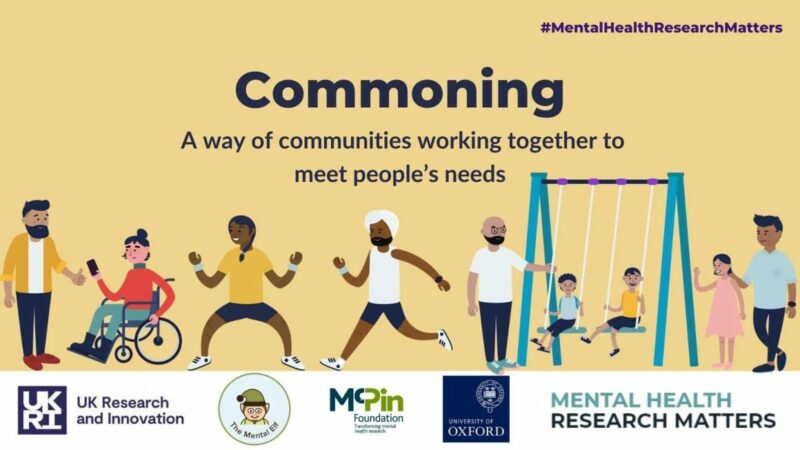Project overview
Mental health researchers use a variety of measures to collect information about a person, such as, sociodemographic information, severity of symptoms of a mental health issue and how much daily life is affected.
‘Common measures’ refer to a set of specific measures that a community has agreed to use in a specific way to ensure everyone is measuring the same information in the same way.
Led by The Internal Alliance of Mental Health Research Funders, a consortium of mental health research funders and journals has launched the Common Measures in Mental Health Science initiative.
This joint initiative aims to identify and adopt common measures in mental health science that funders and journals will require all mental health researchers to use, alongside any other measures they may require for their study.
They have commissioned Economist Impact to evaluate an initial set of identified measures of depression and anxiety, psychosis and functioning, with input from international experts in data measurements and people with lived experience. They are looking at things like the properties, strengths, limitations, clinical utility, acceptability, accessibility and cultural translatability of the measures.
They will then co-create toolkits to recommend and support the use of these common measures by mental health researchers, funders and journals.
Project details
Mental health research is conducted across a vast range of populations, cultures and academic disciplines, with researchers using a variety of different measures.
For example, there are more than 280 different measures for depression alone. This means that mental health research measurement and data is currently very fragmented, preventing comparison and/or combination of results across different studies.
Historically, these measures have also been developed without input from people with lived experience with the mental health illness they are meant to assess.
We do not know enough about which measures and methods of assessment are most acceptable to people with lived experience of depression, anxiety, and psychosis.
By identifying and adopting common measures in mental health science, we can compare and combine results from a wide range of different studies, with different designs, conducted in different contexts.
This will greatly increase the ability to answer crucial questions, such as how mental health interventions may or may not work, for whom, in which contexts and why.
McPin is working with Economist Impact to help recruit and support people with lived experience internationally to input on the identification and evaluation of common measures in mental health science: two people with relevant lived experience sit on the Advisory Board, and on each of the 3 topic-specific groups focusing on (1) depression and anxiety, (2) psychosis, and (3) functioning.
More people with relevant lived experience will be involved in the co-creation of the final toolkits recommending and supporting the use of common measures.
Please email [email protected] if you would like to find out more information.
You can also read more here:
Related blogs
Related projects
Work with us
We are always excited to hear from others who want to collaborate on mental health research. From delivering peer research to helping you with public involvement strategies and providing training, get in touch to chat.







